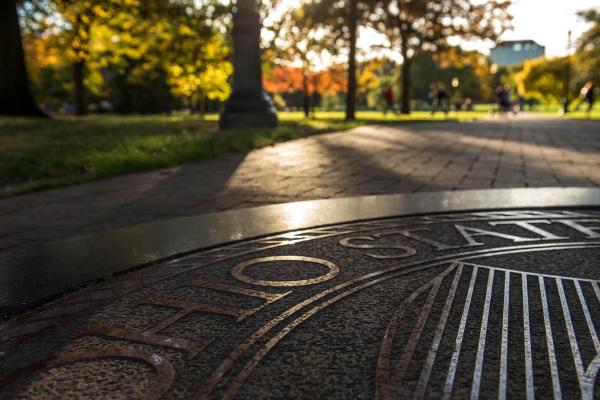Dynamics of Conflict: Kurdish groups, Shi'i groups, and the Islamic State

The news this morning that Mullah Omar died is significant for Afghanistan and Pakistan. He was in Pakistan. After the U.S. attacks on Taliban and al-Qaeda positions in Afghanistan in 2001, he took refuge and was residing in Pakistan (for the past 14 years). Now that he is dead, it is more complex because the Taliban will become more fragmented. Some have already declared their allegiance with Abu Bakr Baghdadi, leader of Islamic State. There is a battle going on as we speak. U.S. killed Afghans in a bombardment against Islamic State in Afghanistan.
The U.S. is focused primarily on defeating the Islamic State in the region, whereas Turkey sees the matter in a more complex way. Turkish policy places defeating the Islamic State as a high priority, but also places preventing Kurdish sovereignty and checking Shi'i power in the region as very high priorities. Turkey especially desires to defeat the PKK, or Kurdish Workers Party, who they recently bombarded.
Bashar al-Assad, the Shi'i 'Alawite leader of Syria, is the major contributing factor of Sunni resentment. Thus a major priority of Turkey is to find a negotiated alternative for his government. Maliki, and the Shi'i dominated government in Iraq, its support from Iran, and the marginalization of Sunnis, are also a source of Sunni resentment.
As if it were not complicated enough. Iran is an influence over the Shi'i dominated governments of Syria, Iraq, Houthis of Yemen, Shi'is of Lebanon (Hezbollah), and Bahrain. Sunni -dominated countries consider Iran as a threat to their security interests. Sunni Arab states of the Middle East consider Iranian interference in conflicts in the region to be a dangerous development. Just like they don't want Israel to be a superpower in the region, they don't want Iran to be the second major regional power.
There was a NATO meeting, and now US will be using Turkish bases against Islamic State. Attack on Turkey is an attack on NATO. There was an Islamic State suicide bomber inside Turkey. So, now they are talking about their NATO allies coming to their aid, potentially.
Background information:
Kurdish nationalist aspirations are always facing stiff resistance from their countries of citizenship. That includes speaking Kurdish, celebrating now ruz. Mustafa Kemal Ataturk, the first president of the modern Turkish nation-state, called Kurds "Mountain Turks" to deny their national identity. Their aspirations are in conflict with the dominant political establishments in each coutnry they live. It is almost natural that these Kurds are fragmented because they are in four different countries: living as a minority in Syria, Iraq, Iran and Turkey. This fragmentations is the result of the division by political borders.
Kurdish nationalist movement has been simmering for a long time. The victors of World War One wanted to create a Kurdish state, but they did not succeed. In the postWorld War II negotiations, the only group left out was the Kurdish community, a group of approximately 35 million people today. Their nationalist aspirations remained a dream. An overwhelming majority of the Kurds are sunnis.
